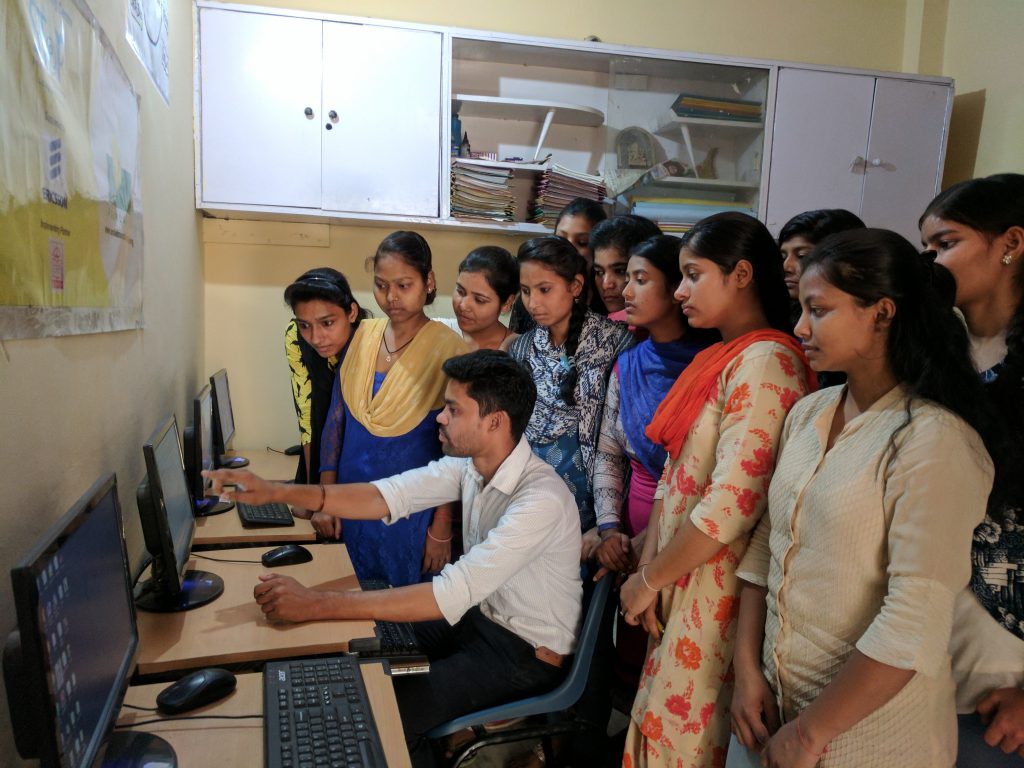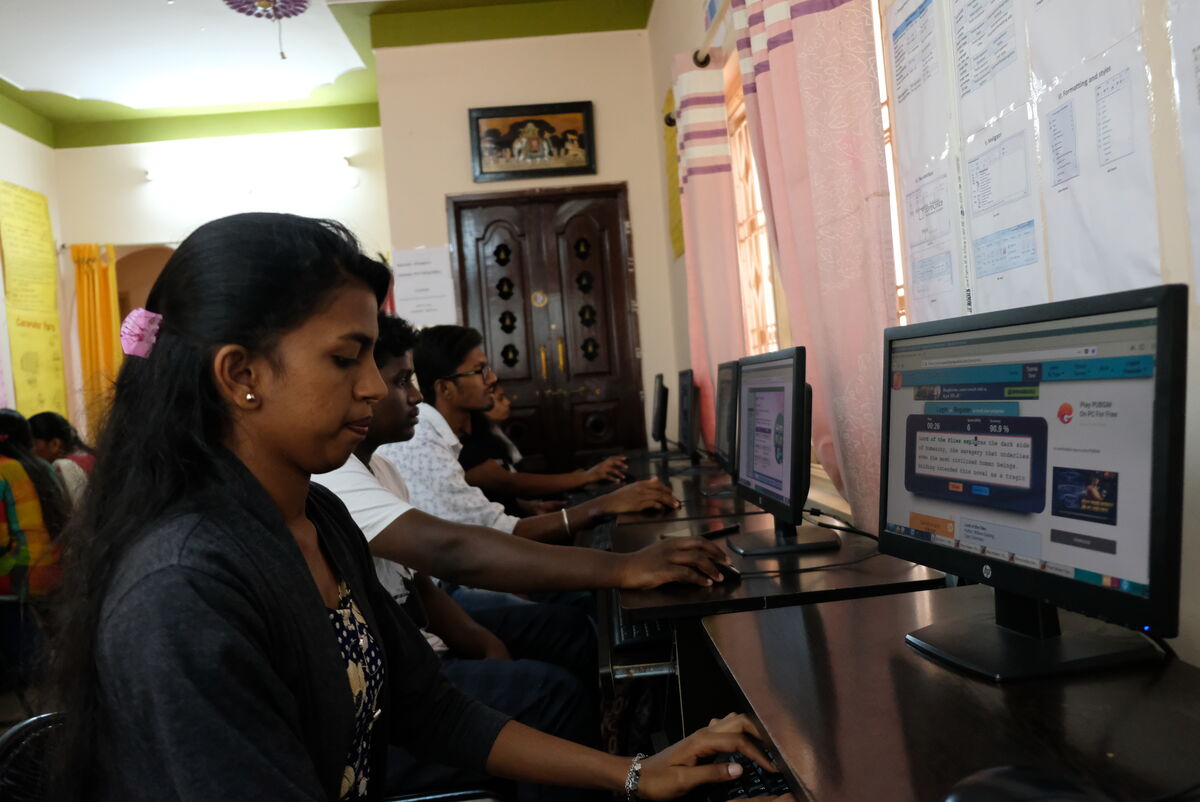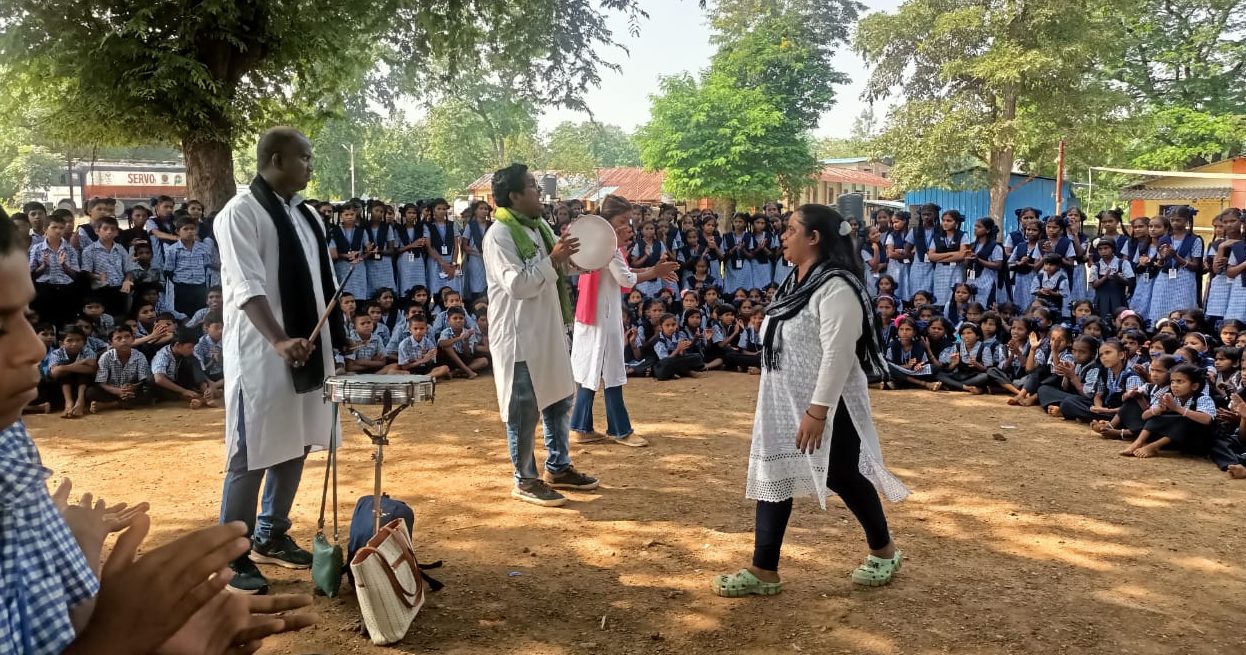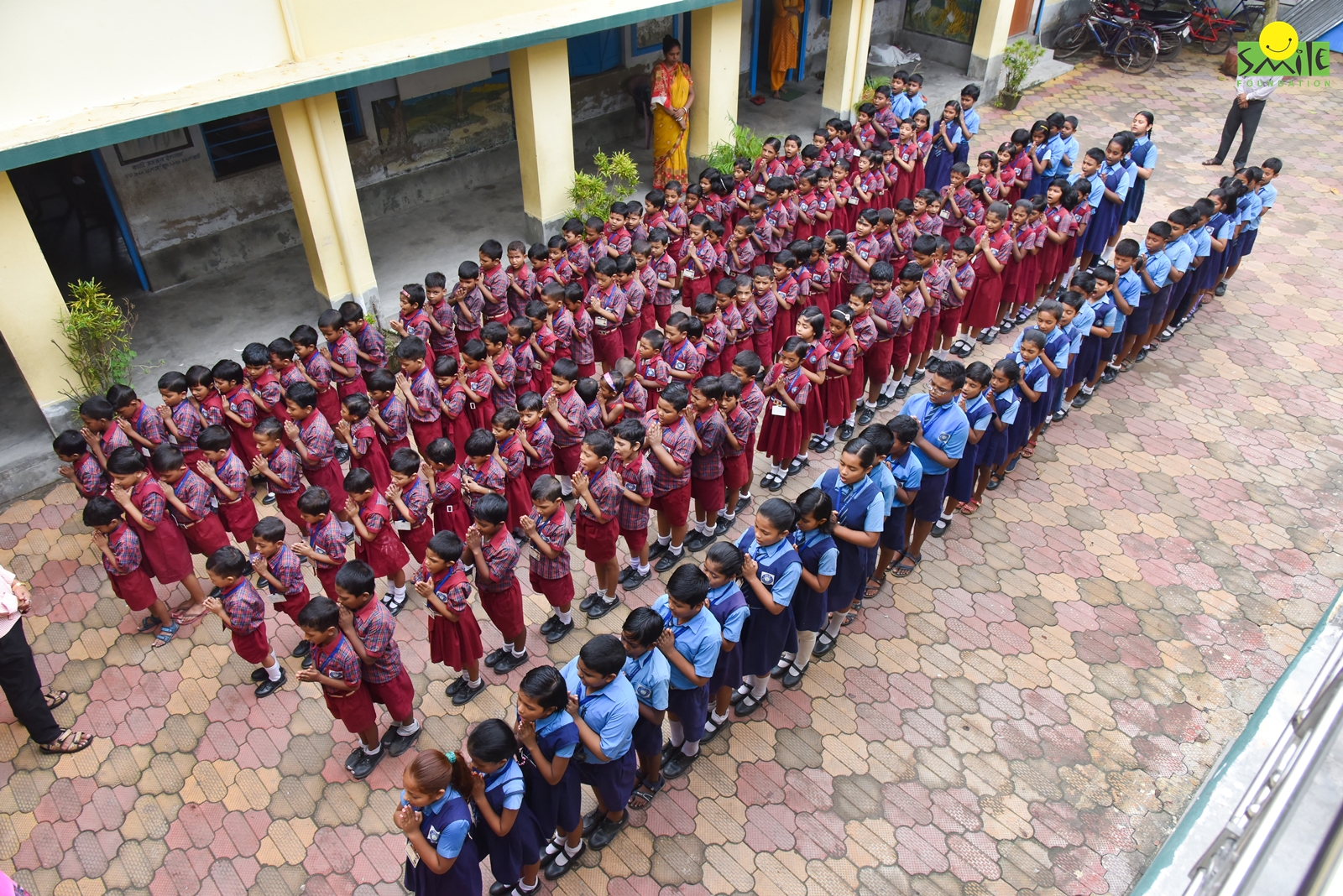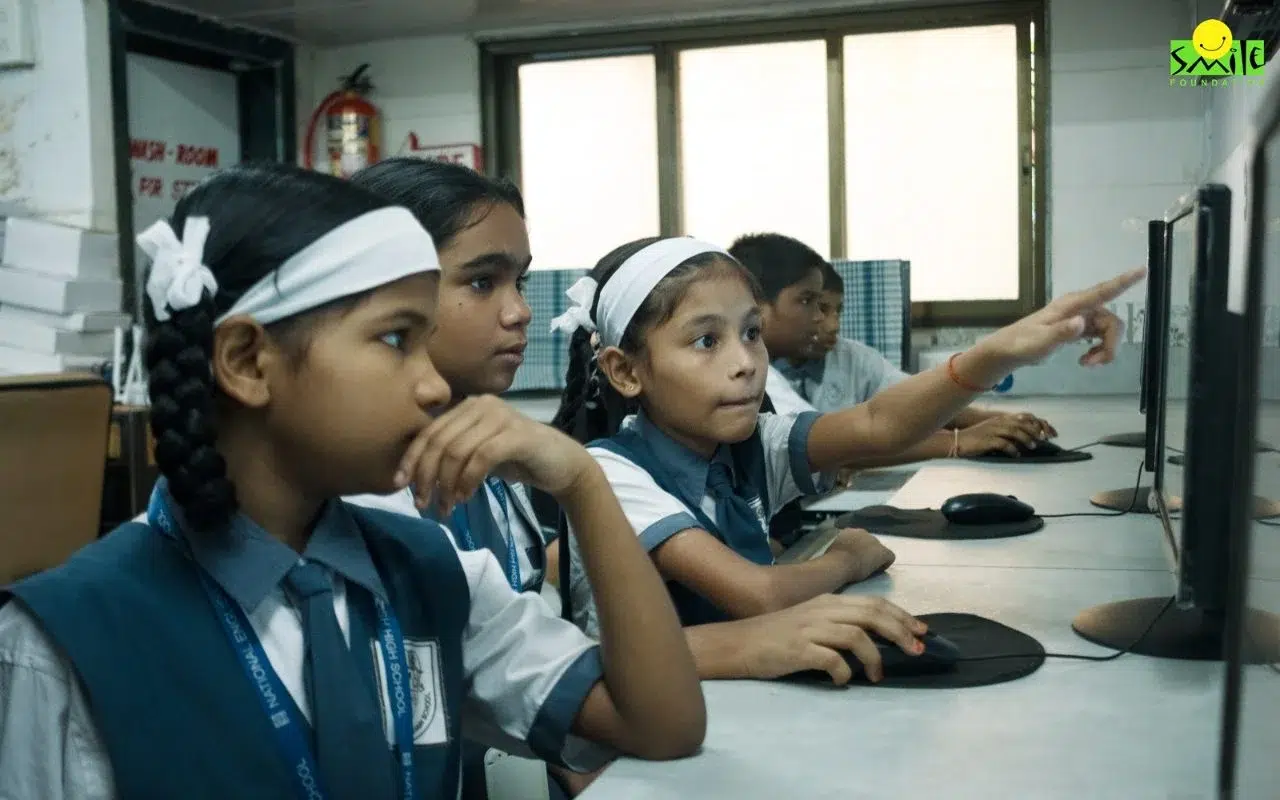Globally, the influence of artificial intelligence (AI) has reached beyond its origins, making significant inroads into education, healthcare, astronomy and geopolitical affairs. As AI becomes increasingly embedded in our daily lives, its potential benefits cannot be overlooked. Discussions about integrating AI in early childhood education have gained considerable traction. The goal is to ensure inclusive and equitable education for all, developing lifelong learning opportunities
AI’s rapid integration into education is highlighted by South Korea’s initiative to introduce AI-powered digital textbooks in 2025, aimed at addressing educational inequality and reliance on private tutoring. Likewise, the UAE is implementing AI-driven personalised learning to enhance critical thinking and academic performance. This programme tailors lessons to individual student needs, provides targeted feedback and utilises real-time analytics, allowing teachers to focus on interactive learning experiences. A pilot project has already shown a 10% improvement in learning outcomes.
How AI helps in Education?
AI-driven tools can personalise educational content to cater to each child’s unique learning style and pace. This personalised approach not only enhances foundational skills, but also establishes an interactive learning environment that nurtures creativity and problem-solving abilities.
When AI-driven solutions are integrated with quality education initiatives, they can significantly increase access to economic and health opportunities. This integration can contribute to achievingSustainable Development Goal 4, which advocates for inclusive and equitable quality education for all; Goal 10, aimed at reducing inequalities; Goal 3, which focuses on good health and well-being; and Goal 1, which seeks to eliminate poverty.
Bridging the Educational Divide in Rural India
In rural India, the challenges to early childhood development are compounded by limited access to quality educational resources and trained educators. Many children in these areas lack exposure to stimulating learning environments, which hinders their cognitive and social development. Here, AI can serve as a bridge, offering resources that would otherwise be unavailable.
The Indian government has initiated various educational programmes aimed at improving access and quality of education for rural children. Initiatives such as the Sarva Shiksha Abhiyan, Mid-Day Meals, Beti Bachao, Beti Padhao have made strides in enhancing educational facilities. However, there is a pressing need to incorporate modern technologies like AI to maximise these initiatives’ effectiveness.
By integrating AI into existing programmes, the government and other stakeholders can ensure that rural children receive tailored educational support. For instance, AI platforms in India could provide training for educators, helping them to adopt innovative teaching methods and better address individual student needs. Moreover, AI tools can deliver engaging educational content through mobile devices, making learning more accessible even in remote locations.
Experts from the industry, Mr Ujjwal Singh, Founding CEO of Infinity Learn by Sri Chaitanya have rightly highlighted how AI educational programmes for rural children can change the face of learning saying, “AI analyses learners’ performance data to identify strengths and weaknesses, creating personalised learning paths with targeted practice tests and activities. This tailored approach provides customised support, especially in areas with limited access to individual assistance”.
Recognising that every child learns differently, utilising AI-driven educational tools for children in rural India can provide substantial opportunities for enhanced and continuous learning. This approach empowers them with the hope and belief that they, too, can dream big and work towards realising their aspirations.
CSR Investments: A Game Changer for Educational Structures
In a socially conscious world, where consumers increasingly consider brands’ impact on their communities, CSR initiatives have become vital for strengthening the relationship between corporate and their customers. In this context, creating AI-supported environments to enhance rural education in India can facilitate two significant positive transformations: a) educating rural communities, and b) demonstrating to consumers your commitment to being a trustworthy and ethical brand.
To begin with, CSR initiatives can partner with well-aligned organisations to develop platforms and mobile applications that provide learning in local languages. AI tools can be used to gather data on performance and learning outcomes, enabling us to tailor strategies that enhance each child’s educational experience. Additionally, AI-driven teaching initiatives can support educators across the nation in meeting contemporary educational demands, thereby providing children with relevant and enriching learning opportunities.
Smile CSR Partnership Goals
Since its inception, Smile Foundation has been dedicated to providing every child with access to quality education that reflects contemporary teaching trends. By equipping students in our Mission Education programme with digital resources and STEM labs, we are aiming for an inclusive learning environment that combines theoretical knowledge with practical experience, ensuring strong and well-rounded foundational skills.
Through our Life-Cycle approach, Smile Foundation annually empowers over 1.5 million underserved children and families across 2,000 villages in India. Our initiatives in education, health and women’s empowerment, combined with technological advancements, aim to create sustainable change by delivering essential services directly to those in need, fostering resilience and economic independence within marginalised communities.
We firmly believe that through collaborative CSR efforts, targeted investments and transparent planning, we together can transform India’s educational system into one that is accessible, affordable and equitable for all children. By providing invaluable learning opportunities, we can not only change the lives of these children but also uplift their communities and ultimately, contribute to the nation’s growth.



